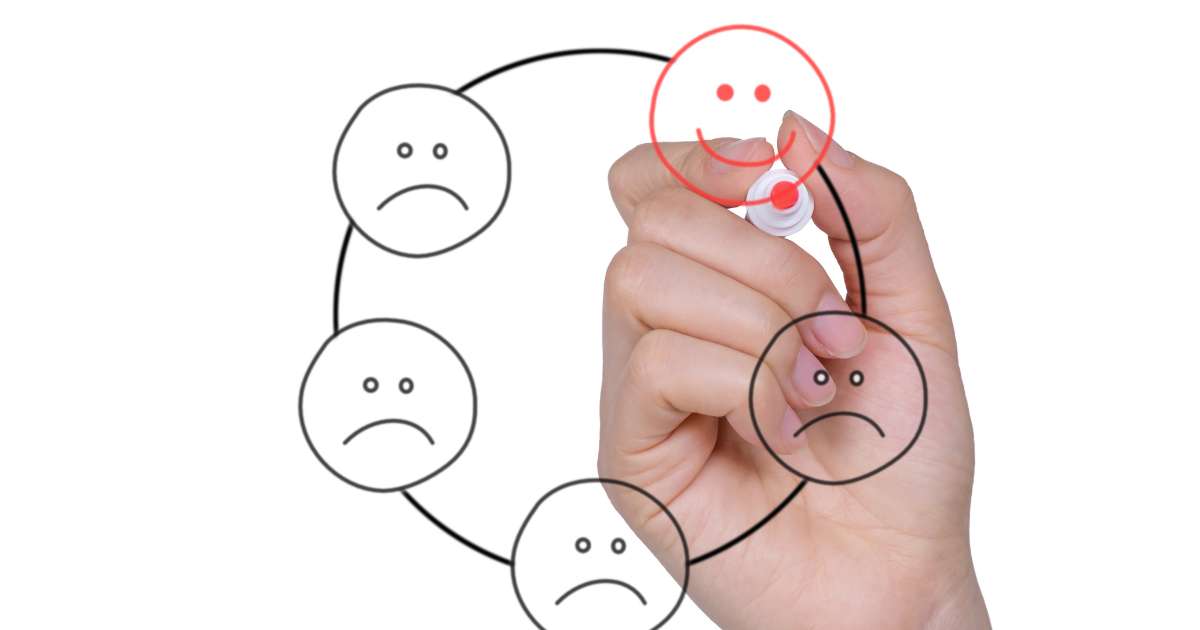When building a successful team, qualifications are just the beginning. Skills and experience are crucial, but the interpersonal dynamics among team members are equally significant in creating a harmonious and productive work environment. A well-rounded team should not only have diverse backgrounds and perspectives but also include individuals whose personalities and working styles complement each other. In this blog, we’ll explore why compatibility matters in team building and how you can select team members who will work together without clashing.
Embracing Compatibility in Diversity
Diversity is about more than just professional backgrounds or personality types like introversion and extroversion. While having a mix of personalities is important, it’s equally vital to ensure that these personalities can work together without friction. Compatibility doesn’t mean everyone needs to be the same, but it does mean fostering an environment where differing traits can coexist peacefully and productively.
For example, introverts and extroverts can bring out the best in each other when their strengths are acknowledged and respected. Introverts may provide deep focus and thoughtful analysis, while extroverts can energise discussions and drive collaborative efforts. However, these dynamics only work when there’s mutual respect and understanding, ensuring that differences in approach don’t lead to clashes.
Beyond personality traits, shared values and complementary working styles can help reduce conflicts. For instance, team members who share a commitment to collaboration, even if they approach tasks differently, are more likely to find common ground. Interests and communication styles can also play a role; aligning these aspects can make everyday interactions smoother and more enjoyable, reducing the likelihood of misunderstandings or friction.
Fostering a Cohesive Team
The foundation of a strong team is how well its members work together. It’s important to focus on compatibility to prevent personality clashes that could disrupt the team’s synergy. Encouraging open communication, mutual respect, and a shared sense of purpose are key to creating a cohesive unit. Team members should be encouraged to appreciate and leverage each other’s strengths, rather than letting differences become a source of tension.
Regular team-building activities and open discussions about working styles can help in identifying potential points of friction before they escalate. Personality assessments and compatibility tests can also provide valuable insights into how team members might interact and highlight areas where adjustments can be made to improve harmony.
The Recruiter’s Role in Building a Compatible Team
Selecting team members who not only fit the job description but also the team dynamic is a challenging task, but this is where experienced recruiters shine. Recruiters understand that finding the right fit goes beyond qualifications—they look at how a candidate’s personality and interpersonal skills will mesh with existing team members.
Recruiters are skilled at identifying not just the individual strengths of candidates but also how these will play out within the broader team context. They consider factors such as communication style, values, and how a candidate’s temperament will align with your company culture. This attention to compatibility helps ensure that new hires will integrate smoothly and contribute positively from day one.
Why Compatibility Matters
- Enhanced Collaboration: Compatibility reduces the likelihood of conflicts, leading to more seamless and effective collaboration. When team members work well together, they can build on each other’s ideas and drive innovation.
- Higher Morale: Teams where members get along tend to have higher morale. When employees feel understood and valued, they’re more likely to be engaged and satisfied in their roles.
- Sustained Productivity: A compatible team is more likely to stay focused on common goals without getting sidetracked by interpersonal issues. This results in sustained productivity and progress.
- Effective Conflict Resolution: Even in the best teams, conflicts can arise. However, when team members have compatible personalities, these conflicts are often easier to resolve. Understanding different perspectives allows for constructive problem-solving rather than personal disputes.
- Long-Term Retention: Employees who feel they are a good fit for their team are more likely to stay long-term. This not only enhances team stability but also reduces turnover and the costs associated with hiring and training new staff.
While qualifications and diversity are essential, prioritising compatibility when building your team can make the difference between a group of individuals and a cohesive unit. By selecting team members who not only bring diverse strengths but also work well together, you can create a dynamic, resilient, and innovative team ready to tackle any challenges.
– Grada


